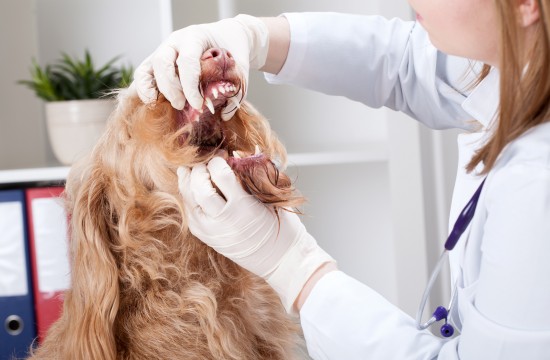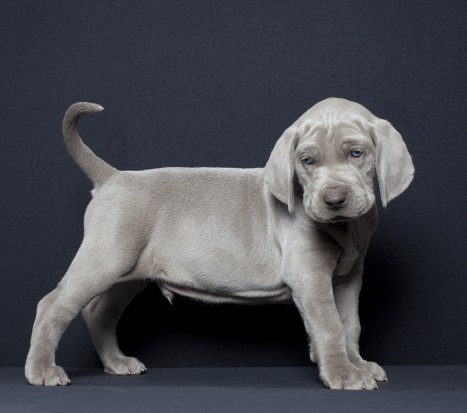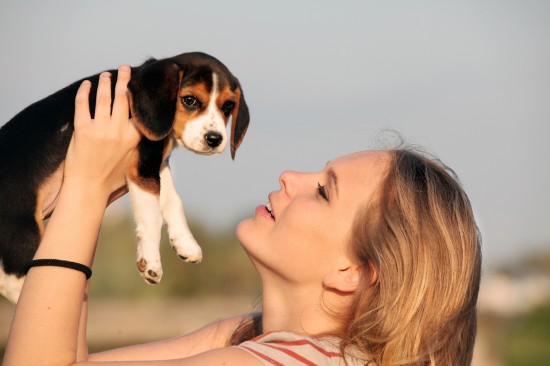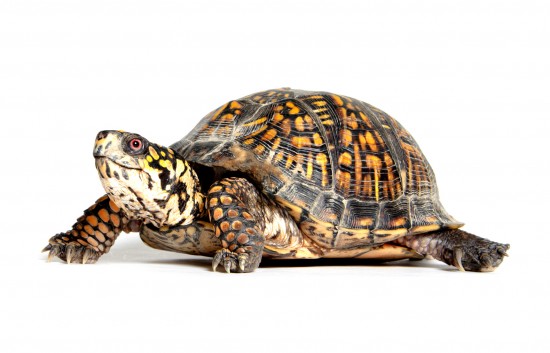
Most of us these days are suffering from an epidemic of poor health, so it should come as no great surprise that man's best friend is as well. Just as in humans, canine constipation can be quite uncomfortable and even painful, potentially leading to other more serious issues, like intestinal blockages. While it is possible that such constipation is caused by something serious, it is more likely a poor diet, dehydration, or lack of exercise. However, treating dog constipation and making sure your dog can eliminate regularly is critical for a dog's overall health.
Often, constipation in humans or animals is treated with a laxative. Doctors warn, however, that over reliance on laxatives can cause a series of other problems, like the inability to eliminate in the long run, as the body becomes accustomed to a laxative and will not eliminate properly without it.
In nature, animals eat a diet high in protein. If they get an upset stomach, they are often seen consuming fiber, like grass. Unfortunately, most typical commercial dog foods are low in protein and fiber and high in wheat, corn, fillers and carbohydrates. Dogs in the wild do not eat bread. It's that simple. Domesticated dogs often have another unhealthy habit: they will eat just about anything, even items that are inedible!
Symptoms of canine constipation are usually easy to spot, if you pay attention. A dog will not be able to eliminate, though he may continue to try. Eventually, he will become bloated and sluggish, less playful and less likely to eat. He may even become a little gassier, as the undigested food left in his intestine begins to ferment.
While prevention of such things is usually the smartest route by means of a good diet, plenty of water and exercise, by the time your dog is constipated, it will be time to take more proactive measures. First, increase your dog's water consumption. One solution I have personally used included a couple cans of very high protein dog food with a couple of tablespoons of olive oil. The results were messy but very effective! A change in diet to include more oil and protein is usually quite effective.
It is often a good idea to give your dog a nice little belly rub. This shouldn't be anything too drastic. Don't rub too hard and always rub downwards, towards the tail. This might help you ascertain such things as a hardened stool, in which case a doggie enema might be necessary. In any case, making these changes should provide your dog with some relief.
Again, handling canine constipation is important. Prevention is clearly best, but should your best buddy be unable to eliminate, it's necessary to deal with the problem immediately, usually with a change in diet and in increase in water and exercise. Should these methods be insufficient, more aggressive methods might need to be used, including a trip to the vet before the problem becomes more serious.
Dogs are our faithful and loyal companions and we owe it to them to look after their health. Canine constipation is a warning sign that all is not well with your dog's diet but it can be prevented and treated using natural remedies. Come and see me at Dog constipation to find out more about keeping your pooch healthy.
 What Are Anaerobic Bacterial Infections In Dogs?
What Are Anaerobi
What Are Anaerobic Bacterial Infections In Dogs?
What Are Anaerobi
 Responsible Breeding - Some Common-sense Guidelines For Both Breeders And Puppy Buyers
Responsible Breed
Responsible Breeding - Some Common-sense Guidelines For Both Breeders And Puppy Buyers
Responsible Breed
 How To Minimise The Chances Of Back Problems In The Dachshund
How To Minimise T
How To Minimise The Chances Of Back Problems In The Dachshund
How To Minimise T
 Buying An Animal - Your Legal Rights
Buying An Animal
Buying An Animal - Your Legal Rights
Buying An Animal
 5 Common Species Of Terrapins That Make Great Pets
5 Common Species
5 Common Species Of Terrapins That Make Great Pets
5 Common Species
Copyright © 2005-2016 Pet Information All Rights Reserved
Contact us: www162date@outlook.com